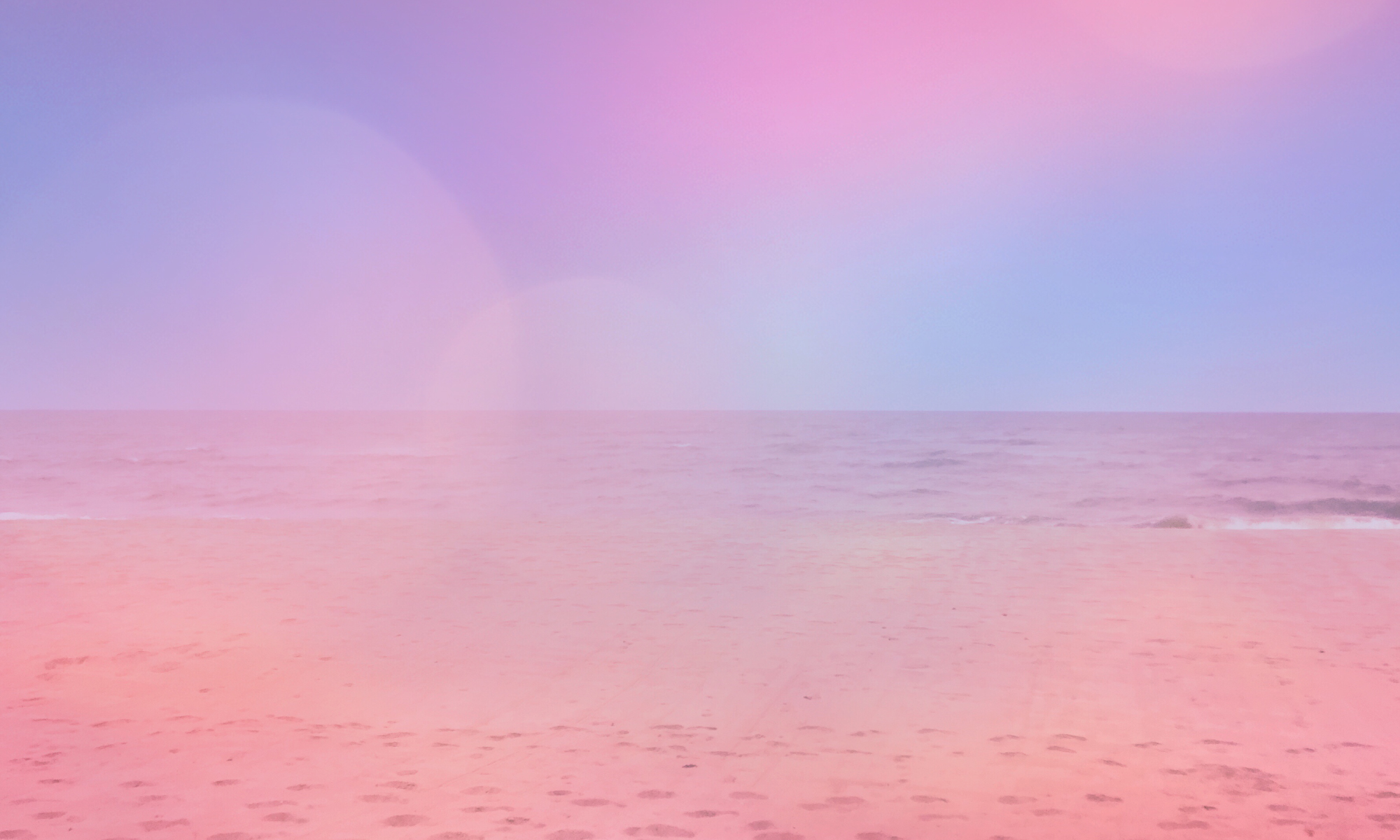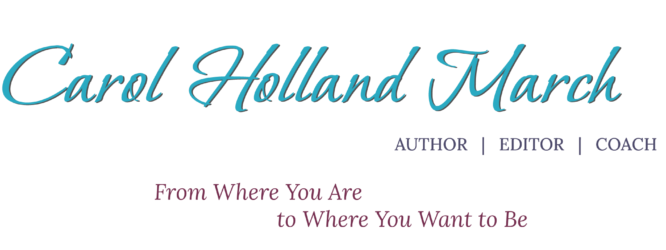
I was sitting in a doctor’s office, waiting for a specialist’s opinion on how to handle a potentially life-threatening situation. She was called to an emergency, so I had plenty of time to read the book I’d brought. The Untethered Soul: The Journey Beyond Yourself by Michael Singer is a plainly written book about the Watcher within each of us.
He speaks about the voice in our heads, the one that yammers, criticizes, exhorts, judges, and generally finds fault with what we do. I know that voice. I also know it is not the “I” who can connect to my deeper wisdom. Most of my thoughts are coming, not from my deep self, but from programming, what Buddhists call “monkey mind.” Shamans and others refer to it as “predator” and “judge.”
Beliefs and ideas are thoughts. Not physical reality. Singer makes the point that if you notice who is thinking a thought, you put distance between the thought and yourself. Then you can ask, “Who is thinking that thought?”
The Watcher.
Also known as the Self, the Soul, the Heart, Consciousness, Awareness, Connection, Atman.
I call that part of me The Creative Self, since it is the source of the energy that supports my growth. It is also the energy I call upon for physical creativity–in my case, books, stories, writing of all kinds.
The analytical mind dwells on the past, recalling memories, and on the future, what might be. It is never in the moment.
The Creative Self is different. Its home is the elusive present time that every spiritual tradition mentions. Even when we try, exactly how to get there is something of a mystery. As it turns out, it can be simple. All I have to do is stop thinking. Stop letting monkey mind rule my life. Stop worrying about what could happen, what might be the problem and notice where I am now as I watch myself. This is not easy. It takes intention and persistence, but it can be done.
When I was learning to meditate, I knew there was more than one “I.” Maybe that’s why I started attending meditation classes. They were secular, aimed at teaching students how to visualize our energy so we could understand ourselves better. We learned to ground ourselves by dropping a cord of energy from the base of our spine into the center of the earth. We visualized our chakras and learned how to feel them and how to remove unwanted energy from them. It was all fascinating and eminently practical. Grounded, I could navigate my life better. Without other peoples’ energy in my field, I was less susceptible to the demands of others.
The lessons never stopped. Once you realize you are not your ego mind, that something larger than you not only exists, but can be accessed, there is no going back to a wholehearted acceptance of the drama that monkey mind concocts.
The Watcher watches. It does not exhort, command, or judge. It watches my thoughts and feelings. It watches how I react to the events of life. Of course, I must remember to access it, which is the hard part.
That day in the doctor’s office, it said to me, in the form of a thought dropping into my head, “Why do you worry so?”
My first reaction was to defend myself. To say, “Well, this could be serious. I’ve been sitting here for two hours. I’m nervous and upset. With good reason.” Then I had to laugh. I had just read Singer’s reminder about the Watcher. To withdraw from the drama that the analytical mind loves so, I stepped back (mentally) and remembered myself as Watcher. Soul. Heart. Creative Self. Which had just spoken directly into my mind!
That seldom happens without asking a direct question, either in meditation or in my journal, but that day my reading prompted it and I was grateful. The journey into my Center was neither quick nor easy. I was a stubborn, willful student who sabotaged myself at every turn. But in time I learned.
Journaling to access my Creative Self, my Center, is one of the best practices I’ve used to help myself. My next post will be about how that started and what kept me doing it for more than twenty years.


 When first I read the story of Inanna, goddess of heaven and earth, revered in ancient Sumer thousands of years ago, my heart leapt in recognition.
When first I read the story of Inanna, goddess of heaven and earth, revered in ancient Sumer thousands of years ago, my heart leapt in recognition.
 Changing our words will change our story. Changing our stories can change our lives.
Changing our words will change our story. Changing our stories can change our lives.